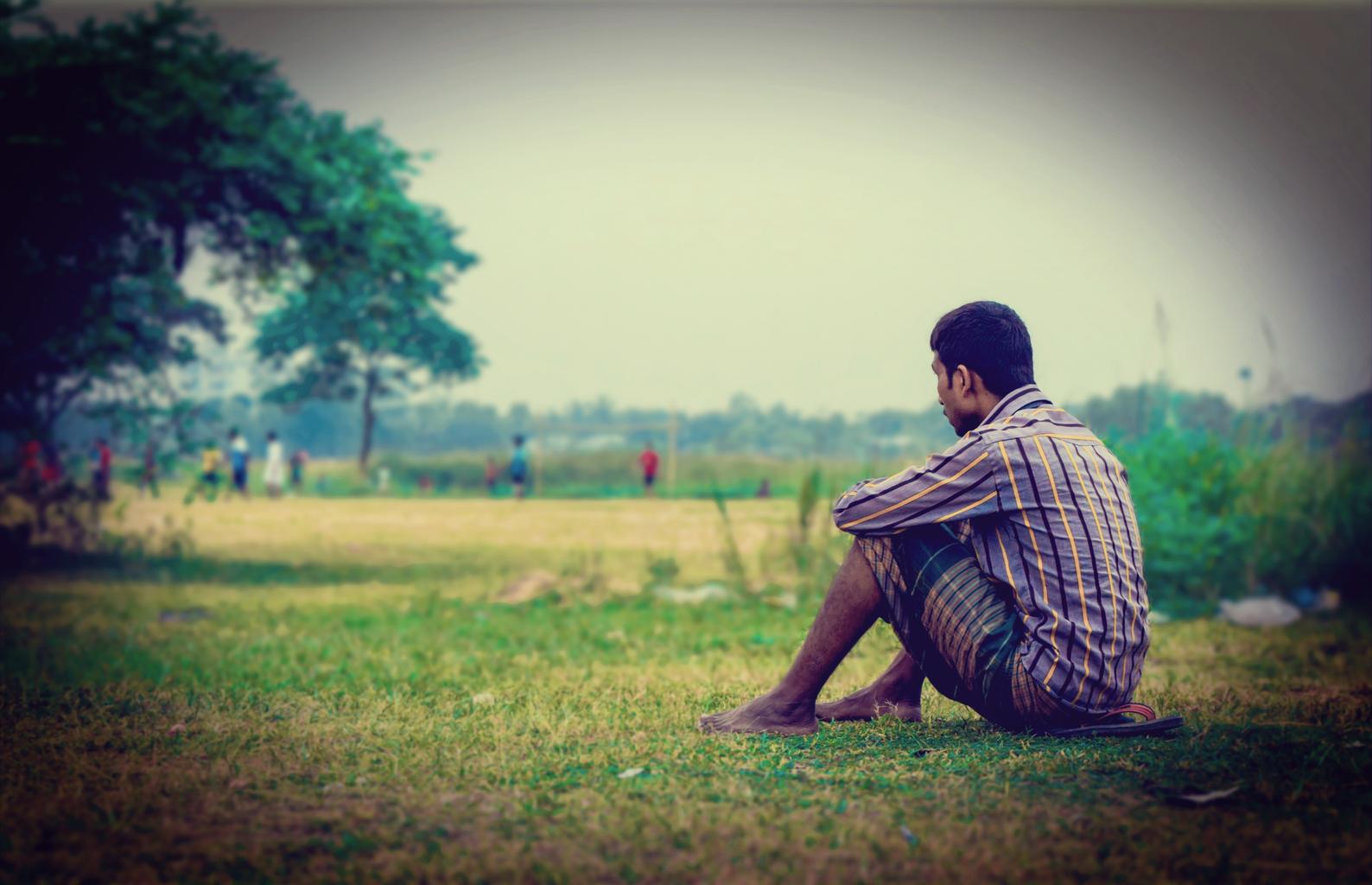
Health education points out the dangers of over-indulgence in eating and drinking and sitting around. You may take the view that if you really like doing something, you shouldn't feel guilty about it. Or you may think you should moderate your guilty pleasures when they negatively affect others.
Then again you may think you ought to spend less time or money on yourself for the sake of the family. Also remain loyal to your partner despite temptation to carry on behind their back with some other attractive person. Or perhaps you believe that infidelity can be guilt free and harms no one as long as it remains a secret liaison. When you are feeling guilty what should you do? Shrug your shoulders and try to forget the unpleasant feeling? Or deal with it in some other way? Are your guilty feelings mistaken or potentially helpful to you?
Anxiety, shame and guilty feelings
It's difficult to disentangle guilt, anxiety and shame. You may be in charge of a child who has a temper tantrum in a supermarket. Not your fault - but that doesn't prevent you feeling deeply self-conscious and embarrassed by the stares and 'tut tuts' of other shoppers who are assuming it is. It might not even be your child. You've done nothing against your conscience to warrant any guilty feeling.
When the second world-war ended some French women underwent public humiliation by having their heads shaved for sleeping with the enemy. Their conduct had been okay by them as long as it gave them nice things and favours.
Guilt does not apply if only getting exposed to public gaze is the problem. Like the person who has no conscience and thus no guilt about secretly having more than one sexual partner. Only anxiety about being found out.
Mistaken guilt feelings
There seem to be inborn individual differences in conscientiousness. Some people have a tendency towards thoughtfulness and impulse control. They tend to complete tasks. Others are less thoughtful and more inclined towards impulsiveness taking less care of things. The conscientious ones are more prone to guilt feelings.
When you notice a guilty feeling you may be being unfair on yourself. Your guilt may be illogical and mistaken or at any rate exaggerated. But nevertheless you end up going on a guilt trip. So you keep quiet about whatever it is you have a guilty feeling about. You keep it secret because you think you will be judged by it. But you have already judged yourself. You may be afraid to tell the truth as it will be proof that you are unworthy and unlovable.
For many years this was true of Ronda Brittain. She was the middle child of three girls, and was the target of her divorced father's physical and emotional abuse. At the age of 14, she was the only witness to her father shooting and killing her mother and then shooting himself. She tried to commit suicide three times until she realised that she was being unfair on herself.
"I thought the world was going to swallow me whole. But instead, I found that I was the only one who had been judging me." (Ronda Brittain founder of the Fearless Living Institute)
Awakening to a spiritual dimension
But are all guilt feelings based on a mistaken conscience? Those who are starting to awaken to the spiritual dimension of life might well develop a conscience about conspicuous consumption; feeling guilty about spending money on the latest gizmo, a more powerful car, fashionable property, or an expensive foreign holiday.
"Anyone who has a sensible conscience will inevitably feel anxiety of guilt whenever they go against it. It may be going against what deep down one realises is just and fair." (Harry Barnitz, philosopher and Swedenborgian)
Sometimes we act against a heartfelt and deep awareness of what we feel to be right - not acting against a mistaken conscience but against a true one. We rightly feel bad about it even if sometimes we have acted in error on impulse without thinking. Not only feeling guilty about what we have been doing that we know deep down in our hearts is wrong but also what we have failed to do; the so-called sins of omission and unfulfilled potential.
Potential helpfulness of guilt feelings
Sooner or later we all do bad or foolish things that we feel tarnish or taint us.
"Anger, intoxication, obstinacy, bigotry, deceit, envy, grandiloquence, pride and conceit, intimacy with the unjust, this is what defiles one." (Sutta-Nipata, ii, 2,7. - Buddhist tradition)
The existential psychotherapists have pointed out that one cannot reason away those guilt feelings which come from an awareness of actual transgressions. The important thing is to try to disentangle feelings of guilt arising because of a true conscience from feelings of guilt arising from other causes.
No longer can the individual comfortably rely on such alibis as 'I didn't mean it', 'It was an accident', 'I couldn't help it', and 'I followed an irresistible impulse'. Instead, acknowledgment of guilt arising from a true conscience is helpful if it can lead to a change of behaviour. It is easier to feel a sense of forgiveness when we change our actions for the better. Change get rids of that guilty feeling and encourages forward thinking.
"I'm just going to say it: I'm pro-guilt. Guilt is good. Guilt helps us stay on track because it's about our behavior. It occurs when we compare something we've done - or failed to do - with our personal values." (Brene Brown, professor of social work)
http://ezinearticles.com/?Guilty-Feelings---Mistaken-or-Helpful?&id=9826245


No comments:
Post a Comment